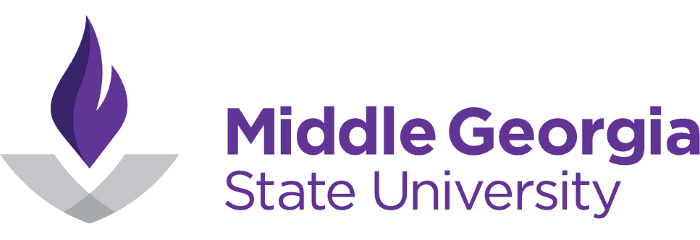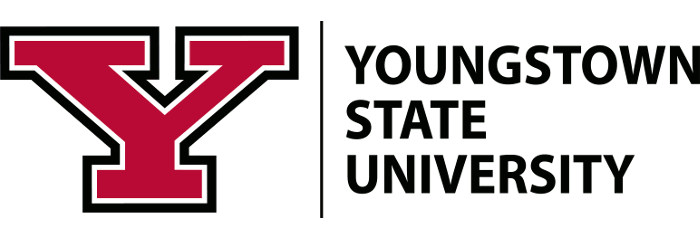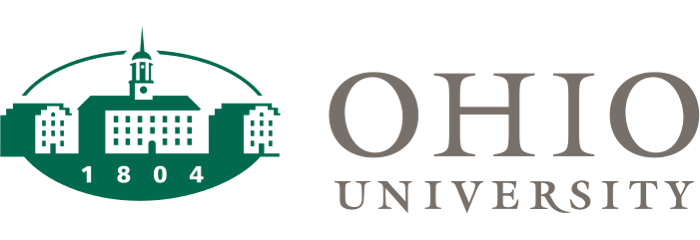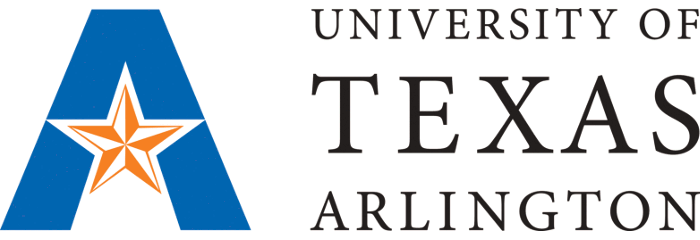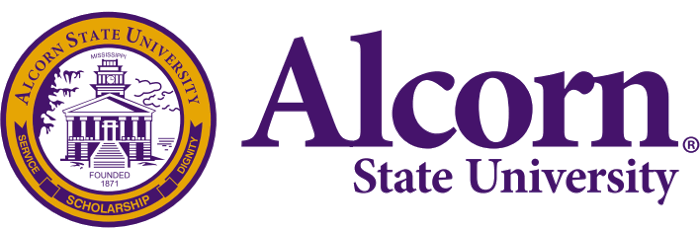2023 Most Affordable Online Nurse Practitioner Programs

An online master's degree in nurse practitioner studies might be the credential needed to start a career as a nurse practitioner. Master's programs teach advanced acute nursing care techniques, but also the interpersonal skills needed to educate patients about health promotion and maintenance. Students can only enter the high-paying, fast-growing nurse practitioner field after years of nursing experience and hard study, which may be getting harder. The American Association of Colleges of Nursing has long pushed for nurse practitioners to need a Doctor of Nursing Practice degree, and many colleges have converted their master's programs to these professional doctorates because employers may prefer doctoral-level candidates. Talk to program administrators at schools you're considering to find out the latest recommendations for nurse practitioner education.
View our methodology for details about rankings or learn more about us. You can also check out our overall list of the most affordable online degrees for some inspiration.
| Rank | School | Locations | Annual Tuition |
|---|---|---|---|
| Middle Georgia State University | Macon (GA) | $3,825 | |
| Youngstown State University | Youngstown (OH) | $5,577 | |
| Ohio University - Main Campus | Athens (OH) | $6,227 | |
| The University of Texas at Arlington | Arlington (TX) | $6,500 | |
| Alcorn State University | Alcorn State (MS) | $7,493 | |
| University of Southern Indiana | Evansville (IN) | $7,733 | |
| Midwestern State University | Wichita Falls (TX) | $7,798 | |
| Colorado Mesa University | Grand Junction (CO) | $7,957 | |
| University of Louisiana - Lafayette | Lafayette (LA) | $8,064 | |
| Rivier University | Nashua (NH) | $8,160 |
Middle Georgia State University Macon (GA) Middle Georgia State University (MGSU) is a public institution that has an online Master of Science in Nursing - Adult/Gerontology Acute Care Nurse Practitioner degree. This program requires 43 hours of coursework and 630 on-site clinical hours for practical nursing experience. This may take two years with a full-time schedule. MGSU uses the Brightspace learning management system (LMS) to host asynchronous online courses. This program's faculty emphasize ethical and professional practices for advanced nursing in the curriculum, such as evidence-based practice and quality improvement processes. Some of the required courses are Advanced Pathophysiology, Advanced Health Assessment/Diagnostic Reasoning, and Leadership/Management & Healthcare Policy.
|
Youngstown State University Youngstown (OH) The public Youngstown State University (YSU) has two online master's degrees for aspiring nurse practitioners. The Master of Science in Nursing - Adult Gerontology Acute Care Nurse Practitioner program is for students who want to work with adult patients, including older adults. The Master of Science in Nursing - Family Nurse Practitioner degree is more suited to candidates who want to work with patients of all ages. These degrees require 45-46 credit hours and 540-600 clinical practice hours to graduate. YSU's online learners complete coursework using the Blackboard digital learning platform. Both degrees share the same 27-hour core curriculum, which includes courses such as Differential Diagnoses and Role Development in Advanced Practice.
|
Ohio University - Main Campus Learn more about how we make money."> Athens (OH) Ohio University - Main Campus (OU) is a public university featuring three nurse practitioner master's degree choices. The Master of Science in Nursing - Family Nurse Practitioner and Master of Science in Nursing - Adult-Gerontology Acute Care Nurse Practitioner degrees focus on the general care needs of different age groups. The Master of Science in Nursing - Psychiatric Mental Health Nurse Practitioner is designed for aspiring NPs intending to work with patients in psychiatric care. Each degree has 37-38 credit hours of courses and 500 required clinical hours. OU uses the Blackboard LMS to deliver online courses. These degrees have slightly different curricula, but they share a core that includes the classes Theoretical Basis of Practice and Health Appraisal for Nurse Practitioners.
|
The University of Texas at Arlington Arlington (TX) The public University of Texas at Arlington (UTA) offers an online Master of Science in Nursing degree with nurse practitioner concentrations in adult gerontology acute care, adult gerontology primary care, family (including a separate RN-to-MSN track), pediatric primary care, and pediatric acute care specialties. Each program takes 41-46 credit hours except for the RN-to-MSN track, which requires 78. These programs are designed to last 29-42 months, depending on the specialization. UTA's online learners sign in to the Canvas platform to work on courses. These degrees' curricula differ by concentration, but they share foundational courses that include Advanced Pathophysiology and Exploration of Science and Theories for Nursing.
|
Alcorn State University Alcorn State (MS) Alcorn State University (ASU) is a public institution featuring an online Master of Science in Nursing - Family Nurse Practitioner Option consisting of 46 credit hours of coursework. This includes a final thesis or research project on top of 600 practicum hours of clinical work at an approved nursing facility. The program is designed to last five semesters, including a summer term, or about 22 months. The university uses the Canvas LMS to host online classes, which include readings, lecture recordings, discussion forums, and weekly assignments. Professors aim to teach the most knowledge and skills required of advanced practice nurses, such as an understanding of theory, policy, and patient management. Required classes include Introduction to Human Genetics and Clinical Management Theory.
|
Choosing an Online NP Program
Earning an Affordable and Respected Online Nurse Practitioner Degree
It's possible to become a nurse practitioner (NP) through fully online programs, aside from the clinical experience requirements. We list 24 affordable online master's degrees here, most with fully online coursework, but they all require students to put knowledge into practice in a real-world facility. Nursing students are often drawn to the flexibility afforded by online education, including asynchronous coursework and multiple start dates throughout the year. Many schools also allow students to complete their clinical hours in a facility near them, even if it's in a different state from the school's home campus.
Prospective students may wonder if an online nurse practitioner degree will be as respected as one earned through an in-person program. The answer is increasingly yes: online degrees are becoming less stigmatized as more students take courses and complete entire programs at a distance. One 2019 survey of HR professionals found that 61% of respondents saw no difference between online and on-campus degrees. Accreditation is the most important factor — if a program is accredited, then the school has demonstrated that it upholds nationally recognized quality standards.
We list 24 affordable online master's degrees here, most with fully online coursework, but they all require students to put knowledge into practice in a real-world facility.
What Factors Should I Consider When Choosing a Program?
The first factor to consider is whether a master's degree with a nurse practitioner concentration is a good career move. Registered nurses have good job prospects, especially master's-prepared APRNs. Employment prospects for APRNs, classified as healthcare diagnosing or treating practitioners by the Bureau of Labor Statistics (BLS), are projected to grow by 10% through 2029. APRNs also average $9,000 more a year than RNs at the bachelor's degree level.
Another important factor in any school search is accreditation. Schools should be nationally and regionally accredited, and their nursing programs must be certified by the Commission on Collegiate Nursing Education (CCNE). It also may be useful to consider each online program's design and how it aligns with your learning style. Synchronous versus asynchronous learning, comprehensive student support, and clinical opportunities in your area are all important factors for student success in an online MSN program.
Common Online Nurse Practitioner Courses
Students may take the following courses while pursuing their master's degrees. While course names will vary at different schools, the topics below are commonly covered in nurse practitioner programs.
- Advanced Health Assessment and Diagnostic Reasoning: This course teaches experienced nurses advanced techniques for assessing and diagnosing patients beyond recording personal and family medical histories. Students will apply a reasoning process to the problems patients present in order to find the ultimate causes. These skills are crucial to any nurse practitioner, so assessment and diagnostic courses are required in all programs featured on our rankings list.
- Advanced Healthcare Policy and Politics: This course outlines major trends in healthcare policy, including those affected by social demographics, politics and legislation, and the corporate and economic landscape. The nation's general health depends on a wide range of factors, and students will examine how these variables can impact their practice. They'll also discuss the effects of policy advocacy by professional nursing organizations such as the American Academy of Nurse Practitioners (AANP).
- Advanced Pharmacology: This course teaches nurses about medications used to treat patients. Students learn pharmacological delivery methods, how drugs affect different systems in the body, and potential adverse effects of particular courses of treatment. Prescribing medications is an essential part of a nurse practitioner's job, and all advanced nurse practitioner tracks require a similar course.
- Project Management in Healthcare: This course is designed to help advance practice registered nurse (APRN) managers run their projects efficiently and on budget. Professors apply research and methods from the business world to a healthcare context through discussions of strategic planning, process analysis, and quality assurance.
- Research and Evidence-Based Practice: Good practice requires good data, along with trained analysts to interpret that data. In this course, students learn quantitative and qualitative techniques to analyze evidence from case studies, with the goal of improving nursing practice by identifying the best interventions for given situations.
How to Become an NP More Quickly
The entire process of becoming an NP takes about six or seven years, on average, including four years for a bachelor's degree and two to three for a master's degree. There are some ways to accelerate this.
The process: A prospective nurse practitioner must earn a master's degree in nursing, complete clinical requirements, and hold an APRN license before sitting for an NP certification exam.
How to accelerate the process:
- Enroll in an RN-to-MSN program: RNs without bachelor's degrees may be able to accelerate the process by enrolling in an RN-to-MSN program, which combines BSN and MSN courses into one intensive pathway. Some schools offer online RN-to-MSN programs, including Clarkson College, which is a school on our most affordable NP programs list. The length of these programs varies by school. For example, the University of Arizona claims its RN-to-MSN path can take 24 months at full time, whereas Clarkson College estimates about three-and-a-half years (10 semesters, with three semesters a year including a summer term).
- Take larger course loads in a traditional MSN program: Traditional online MSN programs require 40-45 credit hours of coursework, and students may be able to take an extra course each term if they want to accelerate the process. Students who are willing and able to forgo a year or two of work may be able to take more credits per term if their advisor approves. Given legal regulations about working hours for nurses, it may not be possible to accelerate the completion of clinical requirements by much.
Should I Pursue a Doctor of Nursing Practice (DNP) After My Master's Degree?
Currently, a master's degree and relevant nurse practitioner certification opens up a large number of job opportunities in a rapidly-growing field. However, since 2004, the AACN has pushed to make a DNP the entry-level requirement for nurse practitioners. This reflects a call for more stringent credentialing in the complex healthcare industry. A doctoral degree is an investment in money, effort, and time, and includes over 1,000 required clinical hours. Whether pursuing a DNP will be worth it for a student will depend on their professional goals and how much time and money they are able to commit. Nursing schools have academic and career services professionals who can help students weigh the costs and potential benefits of a DNP.
Is Nurse Practitioner Graduate School Harder Than Undergraduate Nursing School?
Whether a student finds NP school more difficult than nursing school depends on the individual. Students learn many new concepts over the course of a four-year bachelor's degree program, and many undergraduates have no previous nursing experience. Because of this, the material can feel overwhelming both in the classroom and during clinical rotations. This would seem to suggest that nursing programs are more difficult. But faculty in master's programs usually expect better performance from graduate students because they already have a well of knowledge and experience to draw from. Most MSN students are also working either full-time or part-time during their intensive 2-3-year program, and this can make it more challenging to complete the degree requirements.
Cost of an Online NP Master's Degree
An online MSN program from an accredited institution will average about $17,000 annually. Online courses often come with technology fees that their on-campus equivalents lack, but are still generally more affordable. The schools on this page have lower tuition rates than the average cost of an MSN program. In addition, four of the schools also earned spots on the rankings list of online nurse practitioner master's degrees with the best return on investment (ROI). ROI is a more comprehensive look at cost, factoring in future earnings versus debt.
Students may also wonder about the cost of a family nurse practitioner (FNP) program. This is the most common NP certification, so many schools on our list offer affordable online FNP programs. This includes the top-ranked University of Southern Indiana and 22 others. Among these 23 programs, the average annual tuition is $8,160 for an MSN with FNP concentration. Each institution also charges fees on top of tuition. For example, the University of Central Missouri's cost calculator adds $511.50 in general fees and $77.25 in technology fees to the cost of online tuition each semester.
Funding an Online Nurse Practitioner Program
The cost of an accredited MSN program doesn't need to be a barrier for students. Here are some ways to make a master's degree more affordable:
- Employer education assistance: Some organizations partially subsidize their employees' graduate education on the condition that they continue to work for the employer for a set period. Students can exclude up to $5,250 a year from their taxable income if they receive such assistance.
- Federal financial aid: The government offers loans and grants for graduate students. Loans require repayment after graduation, at more favorable interest rates than most private lenders offer. Grants don't require repayment as long as the student maintains certain academic standards. Work-study programs may be available, which allows a student to work for their school or other institution in exchange for tuition assistance. We've put together a FAFSA Guide that provides additional information.
- Grants: These programs offer money for students conducting original research, such as the AANP's $5,000 grant for evidence-based study to benefit nurse practitioners. Sigma, a professional nursing organization, details other grant opportunities on its website.
- Military programs: Each service branch offers a form of tuition assistance, alongside special programs like loan forgiveness for certain veterans. Military spouses may also qualify for tuition funding.
- Scholarships: Students generally don't need to repay these benefits as long as they maintain a certain GPA. Scholarships can be awarded based on a student's need or merit, and are sponsored by government agencies, private organizations, or schools. One government scholarship is the Nurse Corps Scholarship program, which covers tuition and fees and provides a monthly stipend to recipients. Another option is the AfterCollege/AACN $10,000 Scholarship Fund, a collaboration between two private organizations that disburses one $2,500 award each quarter. Some scholarships are intended for students from specific backgrounds, such as the American Indian Nurse Scholarship Program or National Black Nurses Association scholarship.
NP Careers: Opportunities and Considerations
What Are Some Nurse Practitioner Specializations?
Here are a few of the many specializations a nurse practitioner can pursue, including one of the most common and two of the highest paying.
- Certified registered nurse anesthetist: Nurse anesthetists administer anesthesia and monitor patients undergoing surgery or sensitive procedures. These professionals are among the highest paid in nursing, with a median salary of $174,790 per year. The National Board of Certification and Recertification for Nurse Anesthetists certifies nurses for this career track.
- Family nurse practitioner (FNP): FNPs work in a wide range of settings with patients of all ages. Their duties have expanded over the years to include many services once performed exclusively by family-practice doctors: physically examining patients, ordering tests, diagnosing illnesses, and (in most states) prescribing medication. A few different organizations offer FNP certifications, including the American Nurses Credentialing Center (ANCC) and American Academy of Nurse Practitioners (AANP).
- Psychiatric mental health nurse practitioner (PMHNP): These practitioners diagnose and treat the full spectrum of mental health disorders among patients of all ages. They may work in private practice, hospitals, or inpatient facilities, where they provide emergency psychiatric care to distressed patients. The AANP certifies PMHNPs.
Salary Outlook for NPs
Students and current nurses may be curious about the benefits that come from reaching the NP level, especially because the education and experience requirements are more stringent than for other types of nursing. One of those benefits is higher average wages than nurses at the associate or bachelor's levels. The Bureau of Labor Statistics (BLS) lists the median pay for NPs as $117,670 compared to $75,330 for registered nurses (RNs).
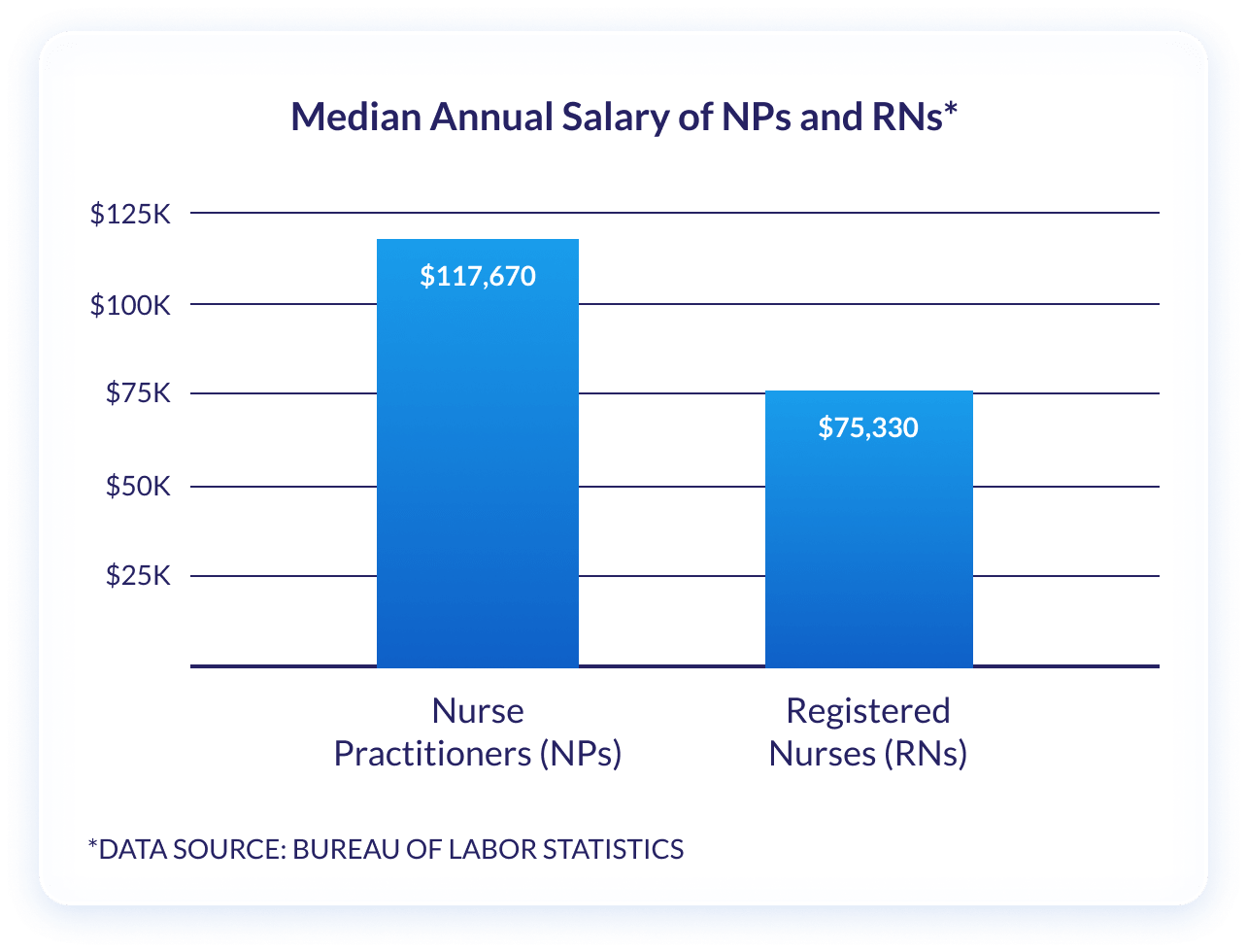
As with many occupations, the average salary for NPs varies by location. Forbes crunched data from the BLS and concluded that NPs tend to earn more in states with a higher cost of living (COL). It's not a one-to-one correlation. For example, NP salaries are highest in California and sixth highest in Hawaii, though Hawaii is the most expensive state and California is third. Similarly, NPs earn the lowest salaries in states with low COL, with Alabama offering the lowest wages.
Salaries also vary by work setting. The BLS breaks down NP salaries by industry, which gives some idea of wages in different work settings. The top-paying industry category is Community Food and Housing ($139,140 annual mean wage), which is part of the BLS's broader Health Care and Social Assistance sector. But there are only an estimated 200 of these jobs nationwide; the highest-paying industry with a significant workforce is outpatient care centers, whose 19,000 nurses earn a mean annual salary of $119,920.
Finally, NP salaries differ by specialization and level of education. Certified nurse anesthetists generally earn the most of any specialty, with a median annual wage of $174,790. They tend to earn more in hospitals than in other settings. Education also matters: DNP-prepared nurses earn about $8,000 more per year than MSN-prepared nurses on average, so students should consider the salary benefits of continuing their education after a master's degree.
Is Being an FNP Worth It?
Students may wonder whether becoming an FNP will be worth it, because the process is time intensive and requires a financial commitment. FNP is the most common NP specialty, accounting for two-thirds of all NP certifications. Because of this, the question of whether becoming an FNP will be worth it is not far off from the question of whether being an NP is worth it.
Because FNPs comprise such a large proportion of the NP population, general BLS data on NPs is a fairly good proxy for FNP-specific data. Therefore, it's safe to say that salary and job prospects are strong for FNPs, with median annual earnings of about $110,000 and a staggering 45% growth rate through 2029.
FNPs are primary-care providers to patients across the lifespan, so they have wider flexibility to practice than more narrow specializations such as psychiatric mental health or adult-gerontology. They can practice all over the country in a wide variety of settings from private clinics to large university hospitals. Because they are generalists, FNPs will qualify for more jobs than most other specialties, but the competition for each job will be greater because there are more of them.
So is an FNP career worth it? Nursing is a relatively high-paying profession with a steady supply of jobs, which is particularly true for FNPs. For those who want to mitigate two large and related stressors in their lives — financial worries and unemployment — an FNP certification may be a good goal. Each individual needs to consider the cost of the degree in money, stress, and time that could have been spent on other pursuits. If the estimated payoff seems worth these costs, then becoming an FNP is worth the effort.
Can You Become an NP Without a Nursing Degree?
No, you cannot become an NP without a nursing degree. NPs must have either an MSN or DNP to sit for an NP board certification exam in a particular specialty. However, it's not always necessary to have a BSN before applying to an MSN program. Direct-entry MSN programs allow students who've earned a bachelor's degree in another subject to take an accelerated series of BSN classes before moving on to advanced nursing coursework.
Related Articles
2023 Most Affordable Online Colleges & Degrees
The top affordable online colleges of 2023. Find cheap online associate, bachelors, master's, and doctoral degrees.
By OnlineU Staff Writers | 2/9/2023
